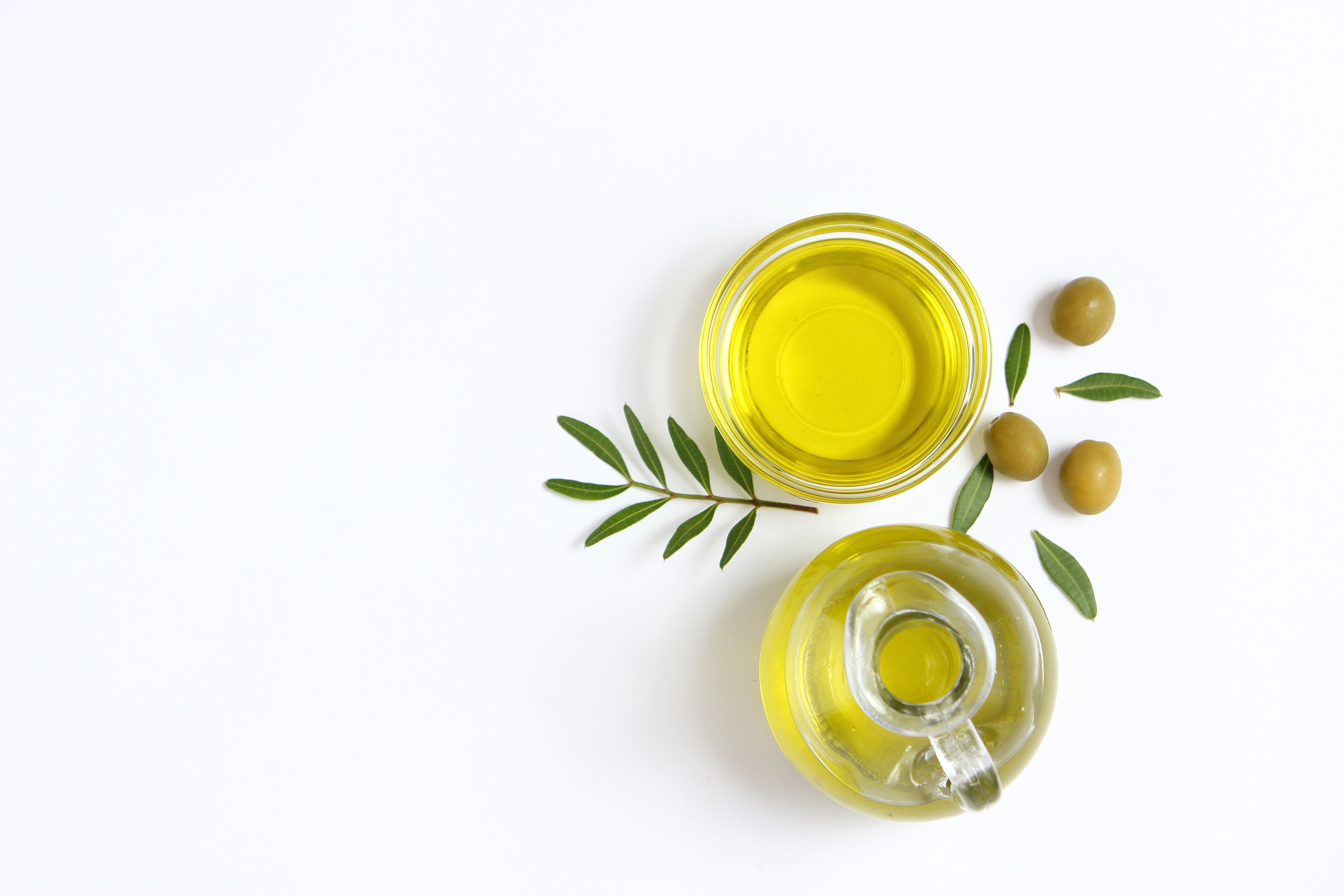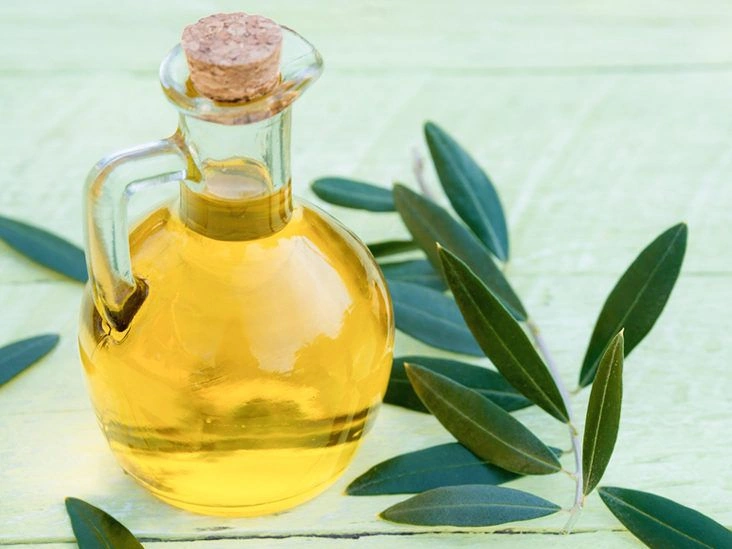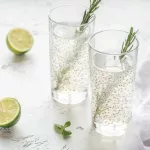Lube is almost always a smart addition to sexual activity. Short for lubricant, it boosts comfort and pleasure while reducing friction and soreness during sex. If you want a natural option for your next encounter or can’t get to a shop quickly, olive oil might appear to be a handy substitute.

The reassuring news is that olive oil is generally considered safe for sexual use in many situations. That said, there are specific circumstances when you should avoid oils as lubricants. Most importantly, do not use olive oil as a lubricant if you are relying on a latex condom for pregnancy or STI prevention. Olive oil can degrade latex and cause the condom to fail. Outside of that, you can experiment with olive oil as lube, but be aware it can leave stubborn stains on bedding and clothing.
Is it safe to use olive oil as lube?
Lubricants usually fall into three categories: water-based, oil-based, and silicone-based.
Unsurprisingly, olive oil belongs to the oil-based group. Oil-based lubes, including olive oil, tend to be thicker and may last longer than other types. Water-based lubricants typically don’t persist as long and can evaporate or dry out faster, but they’re compatible with condoms. Silicone-based lubes last longer than water-based products but can damage silicone toys.
The major drawback to using olive oil as a lubricant is that oils can cause latex to deteriorate. Therefore, if you’re using a latex condom (the material most condoms are made from) or another latex barrier like a dental dam, oil can weaken it. This degradation can happen quickly. That raises the risk of contracting sexually transmitted infections (STIs) or an unintended pregnancy.
You can, however, pair oil-based lubes with non-latex condoms such as polyurethane ones.
Another consideration is that olive oil is a heavy, non-absorbing oil. If you’re acne-prone, using olive oil during sexual activity might worsen breakouts by clogging pores, especially if it’s not washed away afterward.
Clogged pores can lead to irritation and potentially to infections. A study found that olive oil weakened the skin barrier and caused mild irritation in healthy volunteers. Oils may trap bacteria in vaginal or anal areas and could increase infection risk.
While most people tolerate olive oil, allergic reactions are possible. Before using it as a lube, perform a patch test by applying a little olive oil to your inner forearm. If you develop redness, hives, or itching, you’re likely allergic and should avoid using it as a lubricant.
A small study also suggested that introducing oil into the vagina could raise a woman’s risk of yeast infections, although the specific oil types weren’t detailed. If you’re prone to yeast infections, you may want to skip olive oil as a lubricant.
What to use instead of olive oil
When choosing a sexual lubricant, consider these three key points:
- Confirm neither you nor your partner is allergic to the product.
- Avoid lubricants with sugar or glycerin, as they can increase a woman’s risk of yeast infection.
- Never use oil-based products with latex condoms.
If you need lube for solo play (masturbation) or won’t be using a condom, olive oil can work reasonably well—just take care to avoid staining fabrics and clothing.
A preferable choice is to buy an inexpensive water-based lubricant like K-Y Jelly. Water-based products won’t degrade latex condoms and are much easier to clean up since they’re water-soluble and won’t stain sheets or clothes. K-Y Jelly also contains ingredients with mild antibacterial properties.
There are numerous water-based lubricants available for under $10—often comparable to or cheaper than the cost of a small bottle of olive oil, which is comparatively pricey among oils.
The bottom line
Olive oil can be an effective and mostly safe lubricant for non-penetrative activities. However, if you’re engaging in vaginal or anal sex with a partner, do not use olive oil as a lubricant if you depend on a condom to protect against STIs or pregnancy. Olive oil can irritate some people’s skin; if you notice any rash or signs of infection after using it, stop immediately.
If you opt to use olive oil, use older sheets and be cautious to avoid staining clothing. Shower afterward to remove oil from your skin. Whenever possible, it’s wiser to choose a purpose-formulated water- or silicone-based lubricant bought from a store—products designed with both safety and enjoyment in mind.
























Leave a Reply
You must be logged in to post a comment.